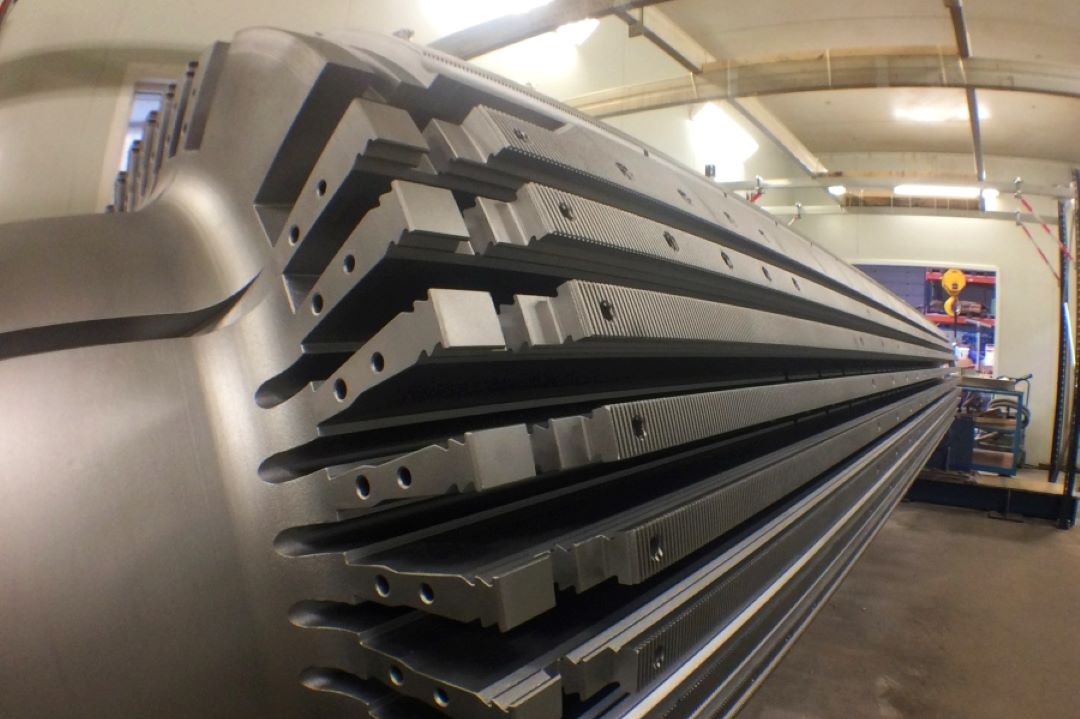State-owned Bharat Heavy Electricals Ltd. (BHEL) has announced that it has secured contracts worth ₹11,000 crore from Adani Power Ltd. and its subsidiary Mahan Energen Ltd. The contracts involve the development of three Supercritical Thermal Power Projects, each with a capacity of 2×800 MW. These projects will be located in Kawai, Rajasthan, and Mahan, Madhya Pradesh.
BHEL’s scope of work includes the supply of essential equipment such as boilers, turbines, generators, and control systems, along with overseeing the erection and commissioning of these projects. The timelines set for completion are 49 months for Kawai Phase-II, 52 months for Kawai Phase-III, and 55 months for Mahan Phase-III.
This significant order win follows a challenging quarter for BHEL, where the company reported a 9.6% year-on-year revenue increase to ₹5,484 crore for the June quarter. Despite the revenue growth, BHEL posted a net loss of ₹212.5 crore, slightly better than the expected ₹225.8 crore.
The company’s stock showed resilience following the announcement, recovering from early losses to gain 2.3%, and was trading 0.9% higher at ₹298.9. Additionally, BHEL is set to join the Nifty Next 50 index on September 30, with anticipated inflows of $49 million due to the inclusion. Once a Nifty 50 member, BHEL was removed from the benchmark index in 2017. The recent order win and index inclusion signal a potential turnaround for the company.
It is one of India’s largest and most established public sector engineering and manufacturing enterprises. Founded in 1964, it specializes in the design, engineering, and production of power plant equipment, including turbines, boilers, and generators, making it a key player in the country’s energy sector.
With its extensive range of products and services, BHEL caters to various industries, including power generation, transmission, transportation, and renewable energy. Over the decades, the company has expanded its global footprint, exporting its products and services to over 80 countries. BHEL’s commitment to innovation, quality, and sustainability has made it a cornerstone of India’s industrial landscape, contributing significantly to the nation’s infrastructure and economic growth.







